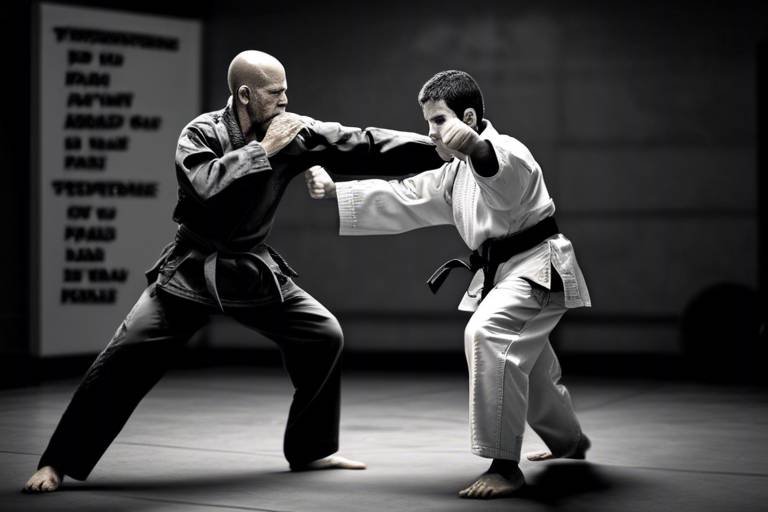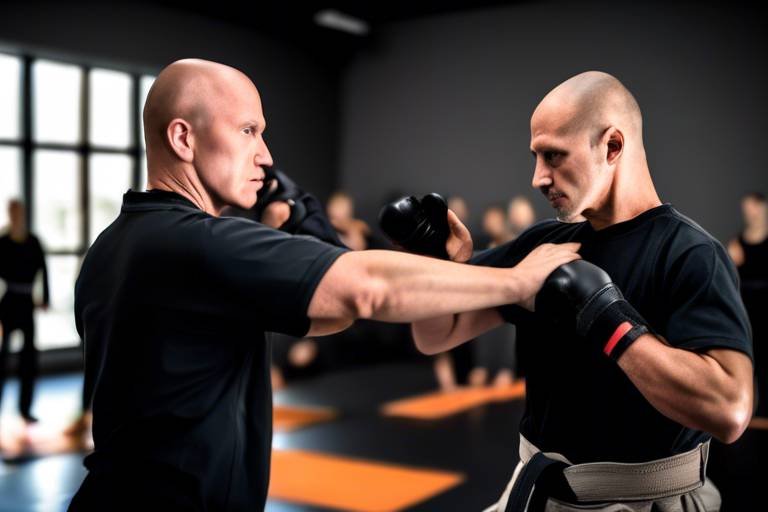A Fighter's Diet – The Nutritional Values in Self-Defense Training
In the world of self-defense training, a fighter's diet is not just a set of guidelines; it is a blueprint for success. Imagine your body as a high-performance vehicle. Just like a car needs the right fuel to run efficiently, fighters need a balanced diet to optimize their performance and recovery. This article dives deep into the essential nutritional components that support fighters in their training, emphasizing that what you eat can either propel you forward or hold you back.
When we talk about a fighter's diet, we’re not just referring to what they eat before a big match. It's about the holistic approach to nutrition that fuels their daily workouts, enhances their endurance, and aids in recovery. The right balance of macronutrients—proteins, carbohydrates, and fats—along with adequate hydration and micronutrients, forms the cornerstone of a fighter's dietary regimen. Let's break down these elements and see how they contribute to a fighter's journey.
First off, understanding the role of macronutrients is crucial. Proteins are the building blocks of muscles, essential for repair and growth after rigorous training sessions. Carbohydrates serve as the primary energy source, fueling those intense workouts and keeping energy levels stable throughout the day. Fats, often misunderstood, are vital for hormone production and overall health. A well-rounded diet that includes all three macronutrients is like a well-tuned engine, ensuring that a fighter can perform at their best.
Next, let’s talk about hydration. It’s often overlooked, but hydration is absolutely vital for peak performance. Dehydration can lead to fatigue, reduced endurance, and even impair cognitive function—something no fighter can afford. Water intake directly affects energy levels and recovery, making it essential to drink enough before, during, and after training. But hydration isn’t just about water; it also involves maintaining an electrolyte balance. Electrolytes like sodium, potassium, and magnesium play a crucial role in muscle function and overall hydration. Without them, even the most dedicated fighters can find themselves struggling.
Recognizing the signs of dehydration is critical for fighters. Symptoms can include headaches, fatigue, dizziness, and muscle cramps. If these signs are ignored, performance can severely decline. Therefore, fighters should be vigilant and proactive about their hydration strategies.
Effective hydration strategies can enhance training outcomes significantly. Here are some practical tips:
- Drink water consistently throughout the day, not just during training.
- Incorporate electrolyte-rich drinks, especially during intense training sessions.
- Monitor urine color as an indicator of hydration levels—clear is good, dark means you need to hydrate.
Meal timing and frequency also play a significant role in a fighter's diet. Eating at regular intervals helps maintain energy levels and aids in recovery. Ideally, fighters should aim for a balanced meal every 3-4 hours, incorporating a mix of proteins, carbohydrates, and healthy fats. This consistent intake keeps the body fueled and ready for action.
Lastly, let’s not forget about the importance of micronutrients for recovery. Vitamins and minerals are essential for immune function and overall health. Incorporating a variety of fruits and vegetables can help ensure that fighters receive the necessary micronutrients to support their training. Foods rich in antioxidants can combat oxidative stress and promote healing, allowing fighters to bounce back quicker after tough workouts.
Incorporating anti-inflammatory foods into a fighter's diet can also aid in recovery. Foods like berries, fatty fish, and leafy greens help reduce soreness and promote healing. Additionally, some fighters turn to supplements for an extra boost. Popular options include protein powders, omega-3 fatty acids, and branched-chain amino acids (BCAAs), which can support muscle recovery and growth when used alongside a balanced diet.
In conclusion, a fighter's diet is a crucial aspect of their training regimen. By understanding and implementing the right balance of macronutrients, staying hydrated, timing meals effectively, and incorporating essential micronutrients, fighters can enhance their performance and recovery. Remember, your body is your most valuable asset, and treating it right is the key to unlocking your full potential.
- What are the best sources of protein for fighters? Chicken, fish, eggs, legumes, and dairy products are excellent sources of protein.
- How much water should fighters drink daily? It varies, but a general guideline is to drink at least half your body weight in ounces of water daily.
- Are supplements necessary for fighters? While a balanced diet is essential, some fighters may benefit from supplements to fill nutritional gaps.
- How can I tell if I'm dehydrated? Common signs include dark urine, fatigue, and dizziness. Monitoring your hydration levels regularly is crucial.

Understanding Macronutrients
This article explores the essential nutritional components that support fighters in their self-defense training, emphasizing the importance of a balanced diet for optimal performance and recovery.
When it comes to a fighter's diet, understanding macronutrients is absolutely crucial. These are the nutrients that provide us with the energy we need to perform at our best, and they come in three primary forms: proteins, carbohydrates, and fats. Each of these macronutrients plays a unique role in supporting a fighter's performance, recovery, and overall health.
Let's break this down a bit. First up, we have proteins. These are the building blocks of our body, essential for muscle repair and growth. After a grueling training session, your muscles are in need of some serious TLC, and that's where protein steps in. Foods rich in protein, such as chicken, fish, eggs, and legumes, help repair those tiny tears in muscle fibers that occur during intense workouts. Think of protein as the construction crew that comes in to fix up your muscles after a tough day on the job.
Next, we have carbohydrates. Often misunderstood, carbs are actually your best friend when it comes to fueling your workouts. They are the body's primary source of energy, especially during high-intensity training. When you consume carbohydrates, your body converts them into glucose, which is then stored in your muscles as glycogen. This glycogen is what keeps you going during those long training sessions or competitions. Foods like whole grains, fruits, and vegetables are excellent sources of carbohydrates. Without enough carbs, you might feel like a car running on empty—definitely not ideal when you need to perform at your best!
Lastly, we have fats. While they often get a bad rap, healthy fats are essential for hormone production, brain function, and the absorption of certain vitamins. They also provide a concentrated source of energy. Foods like avocados, nuts, seeds, and olive oil are fantastic sources of healthy fats. Think of fats as the slow-burning fuel that keeps the engine running smoothly, especially during longer workouts or training sessions.
To put it all together, a fighter's diet should ideally consist of a balanced ratio of these macronutrients. While the exact proportions may vary depending on individual goals and training intensity, a common guideline is:
| Macronutrient | Recommended Percentage of Daily Intake |
|---|---|
| Proteins | 15-30% |
| Carbohydrates | 45-65% |
| Fats | 20-35% |
In conclusion, understanding and balancing these macronutrients is vital for any fighter looking to enhance their performance and recovery. It’s not just about what you eat; it’s about how you fuel your body for the challenges ahead. So, the next time you sit down for a meal, think about how each component contributes to your training regime. Are you getting enough protein to rebuild? Are you fueling up with enough carbs to power through? And don’t forget those healthy fats—your body will thank you!
Hydration is vital for peak performance. Here, we discuss how water intake affects energy levels, endurance, and recovery, along with tips for maintaining proper hydration during training.
Electrolytes are essential for muscle function and hydration. This part explains the importance of sodium, potassium, and magnesium, and how to replenish them during intense training sessions.
Recognizing the signs of dehydration is critical for fighters. This section highlights common symptoms and the potential impact on performance if hydration levels are not adequately maintained.
Effective hydration strategies can enhance training outcomes. Here, we provide practical tips on when and how to hydrate before, during, and after workouts.
The timing and frequency of meals can significantly influence energy levels and recovery. This section covers optimal meal schedules for fighters to maximize performance.
Micronutrients, including vitamins and minerals, are vital for recovery and immune function. This part outlines key micronutrients that fighters should incorporate into their diets for enhanced recovery.
Incorporating anti-inflammatory foods can help reduce soreness and promote healing. This section discusses specific foods that can aid in recovery post-training.
Supplements can play a supportive role in a fighter's diet. Here, we evaluate popular supplements, their benefits, and how to use them effectively alongside a balanced diet.
- What is the best source of protein for fighters? Chicken, fish, and legumes are all excellent sources.
- How much water should I drink during training? Aim for at least 8-10 ounces every 20 minutes, but listen to your body!
- Are supplements necessary for fighters? While a balanced diet is key, some fighters may benefit from specific supplements.
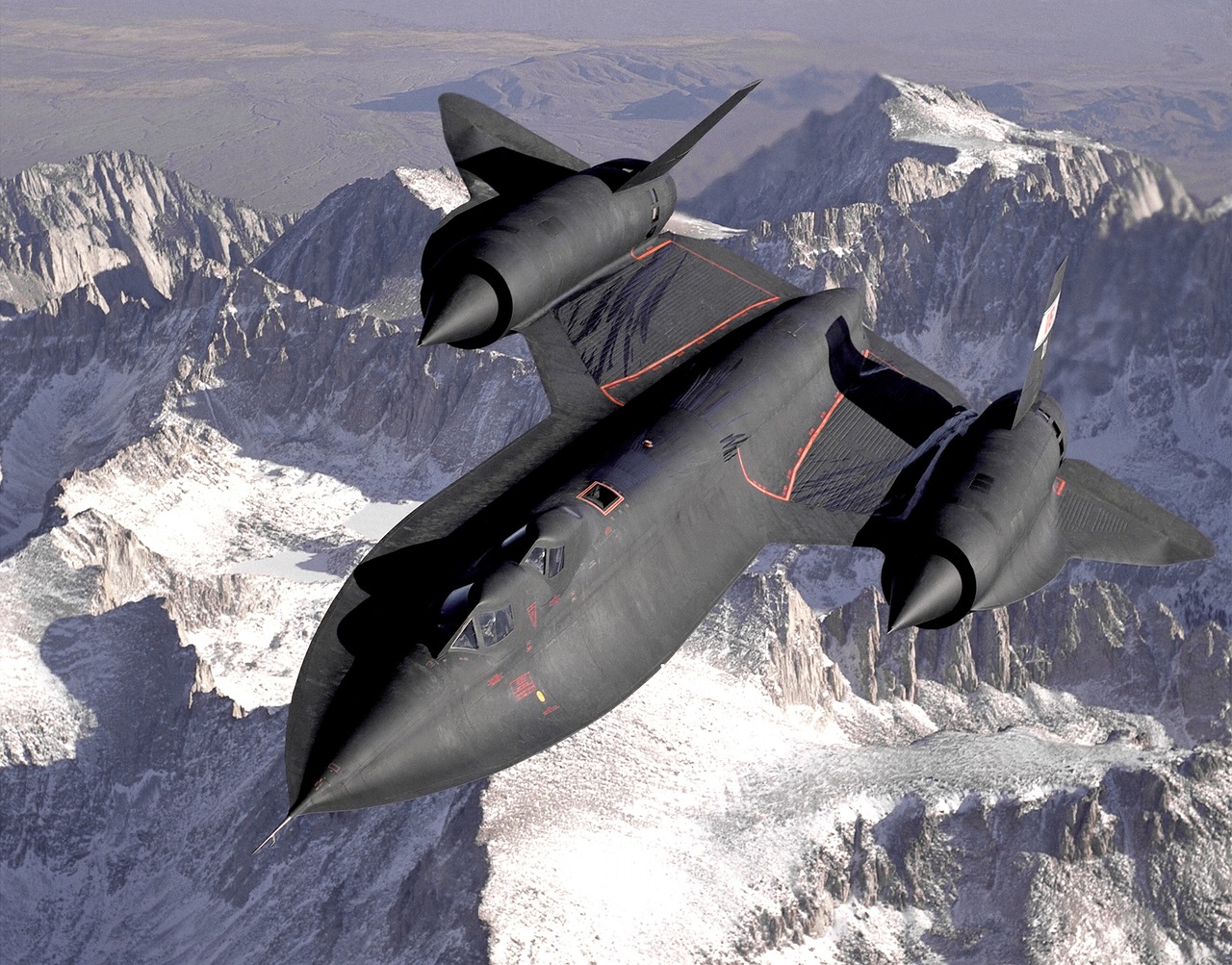
The Role of Hydration
Hydration is a cornerstone of athletic performance, especially for fighters who push their bodies to the limit during training. Imagine your body as a high-performance engine; without the right fuel and maintenance, it simply can't operate at its best. Water is that essential fuel, enabling every muscle contraction, joint movement, and energy production. When fighters train, they lose fluids through sweat, and if those fluids aren't replenished, it can lead to fatigue, decreased endurance, and even impaired cognitive function. So, how can we ensure that hydration becomes a priority in our training regimen?
First off, it's important to understand that hydration isn't just about drinking water. While that’s a significant part of it, the timing and type of fluids consumed can greatly impact performance. For instance, during intense training sessions, fighters should aim to drink water regularly, but they might also benefit from electrolyte-rich drinks to replace essential minerals lost through sweat. This is where the balance of electrolytes comes into play, ensuring that the body maintains optimal function even under stress.
Electrolytes, such as sodium, potassium, and magnesium, are crucial for muscle function and overall hydration. Think of them as the tiny conductors that help your body communicate and function effectively. When fighters sweat, they lose these vital minerals, which can lead to muscle cramps, fatigue, and decreased performance. To replenish electrolytes, fighters can consume foods high in these minerals or consider sports drinks designed to restore electrolyte balance. Here’s a quick look at some key electrolytes and their roles:
| Electrolyte | Function | Sources |
|---|---|---|
| Sodium | Regulates fluid balance and muscle contractions | Salt, pickles, olives |
| Potassium | Supports nerve function and muscle contractions | Bananas, spinach, potatoes |
| Magnesium | Helps with muscle recovery and energy production | Nuts, seeds, whole grains |
Now, recognizing the signs of dehydration is critical for fighters. When the body is low on fluids, it can send out warning signals, such as thirst, dry mouth, fatigue, or dizziness. Ignoring these signs can lead to more severe consequences, like heat exhaustion or heat stroke, which can sideline even the most dedicated athlete. Therefore, being proactive about hydration is essential.
It's crucial for fighters to be aware of the common symptoms of dehydration, which include:
- Increased thirst
- Dry or sticky mouth
- Fatigue or weakness
- Dizziness or lightheadedness
- Dark yellow urine
If fighters notice any of these symptoms, it’s a clear indication that they need to hydrate immediately. Ignoring these signs can significantly impact performance and recovery.
To enhance training outcomes, fighters should adopt effective hydration strategies. Here are some practical tips:
- Pre-training: Aim to drink 16-20 ounces of water at least two hours before training.
- During training: Sip on water or an electrolyte drink every 15-20 minutes.
- Post-training: Rehydrate with 16-24 ounces of water for every pound lost during training.
By incorporating these strategies, fighters can maintain hydration levels that support their intense training regimens, ensuring they perform at their best and recover effectively.
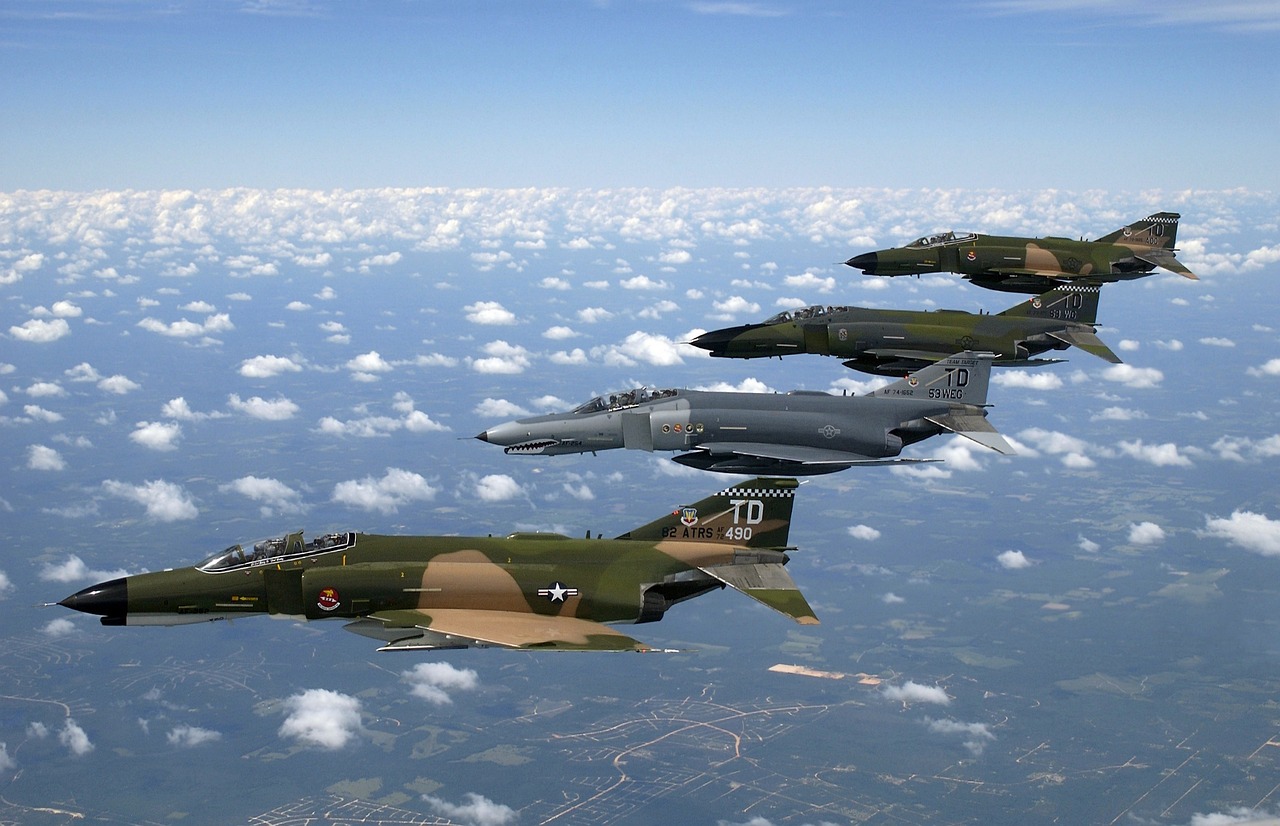
Electrolyte Balance
Electrolytes are the unsung heroes of a fighter's diet, playing a pivotal role in maintaining hydration, muscle function, and overall performance. These essential minerals, including sodium, potassium, and magnesium, are crucial for regulating fluid balance in the body. When fighters engage in intense training sessions, they sweat profusely, losing not just water but also these vital electrolytes. This loss can lead to fatigue, cramping, and decreased performance, making it imperative to replenish them.
To better understand the significance of electrolytes, let’s break down their roles:
- Sodium: This mineral helps maintain fluid balance and is critical for muscle contractions. It’s often lost through sweat, and its deficiency can lead to hyponatremia, a condition where sodium levels drop dangerously low.
- Potassium: Essential for nerve function and muscle contractions, potassium helps prevent cramping and supports cardiovascular health. Foods rich in potassium, such as bananas and sweet potatoes, should be a staple in a fighter's diet.
- Magnesium: This mineral plays a role in over 300 biochemical reactions in the body, including energy production and muscle recovery. Low magnesium levels can lead to muscle weakness and fatigue.
Maintaining an optimal electrolyte balance is not just about drinking sports drinks; it involves a holistic approach to nutrition. For fighters, incorporating a variety of foods that are rich in these minerals can help achieve the right balance. For instance, consider the following table that illustrates some common foods high in electrolytes:
| Electrolyte | Food Sources |
|---|---|
| Sodium | Table salt, pickles, olives |
| Potassium | Bananas, spinach, avocados |
| Magnesium | Nuts, seeds, whole grains |
Incorporating these foods into daily meals can significantly improve a fighter's performance and recovery. However, it’s essential to monitor electrolyte levels, especially during prolonged training sessions. A simple way to gauge if you’re maintaining proper levels is to pay attention to your body. If you notice symptoms like muscle cramps, fatigue, or dizziness, it might be a sign that your electrolyte balance is off.
In conclusion, understanding and managing electrolyte balance is vital for fighters. By ensuring adequate intake of these minerals through a well-rounded diet and staying hydrated, fighters can enhance their performance and reduce the risk of injury. Remember, a well-prepared fighter is not just about strength and skill but also about the nutritional foundation that supports their training!

Signs of Dehydration
As a fighter, staying hydrated is crucial for your performance, but how do you know when you're running low on fluids? Dehydration can sneak up on you, and its signs can be subtle at first. Think of your body as a high-performance machine; when it's not properly fueled, it simply won't run as well. Here are some key indicators that you might be dehydrated:
First, pay attention to your thirst. It's your body's way of signaling that it's time to drink up. If you're feeling thirsty, that's a clear sign that your hydration levels are dipping. Additionally, the color of your urine can be a telltale sign. Ideally, it should be a light yellow; if it's darker, it might be time to hydrate. In fact, a simple urine color chart can help you gauge your hydration status:
| Urine Color | Hydration Status |
|---|---|
| Clear to Light Yellow | Well Hydrated |
| Dark Yellow | Dehydrated |
| Amber | Severely Dehydrated |
Beyond thirst and urine color, there are other signs to watch for. Fatigue is a common symptom; if you're feeling unusually tired during training, it might be due to inadequate hydration. Another sign is a dry mouth or dry skin, which can indicate that your body is lacking the fluids it needs to function properly. You might also experience dizziness or lightheadedness, especially during intense workouts. This happens because your body is struggling to maintain blood pressure and circulation without enough water.
Furthermore, muscle cramps can be a direct result of dehydration. As a fighter, experiencing cramps can hinder your performance and put you at risk of injury. If you notice your muscles tightening up or spasming, it’s a loud alarm bell that your body needs more fluids. Finally, headaches can also signal dehydration. If you find yourself reaching for pain relief more often than usual, consider your hydration levels.
In summary, recognizing the signs of dehydration is essential for any fighter looking to optimize their training and performance. Make it a habit to check in with your body regularly. Are you thirsty? How's your urine color? Are you feeling fatigued or crampy? By being proactive and addressing these signs, you can ensure that you're always at the top of your game.
Remember, staying hydrated is not just about drinking water; it’s about understanding your body’s signals and responding to them promptly. After all, in the world of self-defense training, every little edge counts!
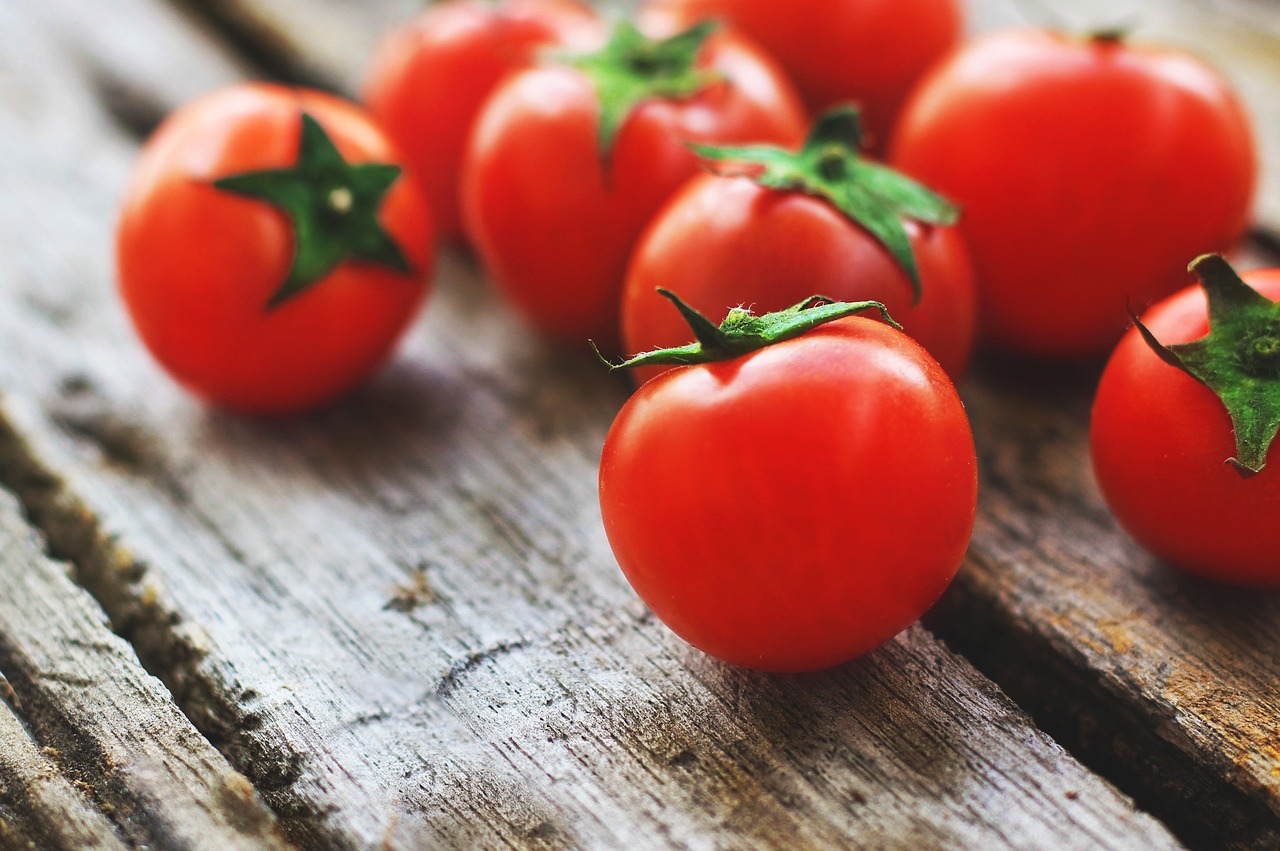
Hydration Strategies
When it comes to hydration strategies for fighters, it's not just about drinking water; it's about drinking it at the right time and in the right amounts. Imagine your body as a high-performance engine; without the right fuel, it simply won't run smoothly. Staying properly hydrated can mean the difference between feeling like a champion or dragging through your training sessions. So, how do you ensure that your hydration game is on point? Let's dive into some effective strategies.
First and foremost, pre-hydration is key. Before you even step into the gym, you should start hydrating. Ideally, you want to drink about 16-20 ounces of water at least two hours before your training session. This gives your body enough time to absorb the fluids and helps to prevent any feelings of sluggishness as you begin your workout. Think of this as filling up your gas tank before a long road trip; you wouldn't want to run out of fuel halfway through!
Next up is hydration during your training. As you sweat, you're not just losing water; you're also losing electrolytes, which are crucial for muscle function and overall performance. A good rule of thumb is to drink about 7-10 ounces of water every 10-20 minutes during your workout. If you're engaging in intense training or sweating profusely, consider sipping on a sports drink that contains electrolytes to replenish what you've lost. This is like having a pit stop during a race; it keeps you in the game and helps you maintain your speed.
After your workout, don’t forget to hydrate again. Your body continues to lose fluids even after you’ve stopped exercising, so aim to drink about 16-24 ounces of water within 30 minutes post-training. This is crucial for recovery and helps to flush out toxins that can accumulate during intense workouts. Think of your body as a sponge; if you don't wring it out after use, it can become saturated and ineffective.
Additionally, consider incorporating foods with high water content into your diet, such as cucumbers, watermelon, and oranges. These not only hydrate you but also provide essential nutrients that support your training. It's like getting a two-for-one deal at your favorite store; you’re nourishing your body while hydrating it at the same time!
To sum it all up, effective hydration strategies for fighters include:
- Pre-hydration: Drink 16-20 ounces of water two hours before training.
- During training: Aim for 7-10 ounces of water every 10-20 minutes, and consider electrolyte drinks for intense sessions.
- Post-training: Hydrate with 16-24 ounces of water within 30 minutes after your workout.
- Food sources: Incorporate hydrating fruits and vegetables into your meals.
By implementing these hydration strategies, you’ll not only enhance your performance but also speed up your recovery, allowing you to train harder and smarter. Remember, hydration is just as important as the training itself; after all, a well-hydrated fighter is a formidable opponent!
Q: How much water should I drink daily as a fighter?
A: While individual needs may vary, a general guideline is to drink at least half your body weight in ounces of water daily, increasing that amount during training days.
Q: Can I rely solely on sports drinks for hydration?
A: While sports drinks can be beneficial during intense workouts, they shouldn't replace water completely. It's essential to balance both for optimal hydration.
Q: What are the signs that I am dehydrated?
A: Common signs of dehydration include dark yellow urine, dry mouth, fatigue, and dizziness. If you experience any of these symptoms, it's crucial to hydrate immediately.
Q: Should I drink water even if I'm not thirsty?
A: Yes! Thirst is not always a reliable indicator of hydration needs, especially during intense training. It's better to drink water regularly to stay ahead of dehydration.

Meal Timing and Frequency
When it comes to a fighter's diet, are just as crucial as what you eat. Imagine your body as a finely tuned engine; if you don't fuel it at the right times, you risk stalling when you need to perform the most. For fighters, this means strategically planning meals to maintain energy levels, enhance recovery, and optimize performance during training sessions.
So, how often should you eat? It’s commonly recommended for fighters to consume five to six smaller meals throughout the day rather than the traditional three larger ones. This approach helps to keep your metabolism revved up, providing a steady supply of energy. When you eat smaller meals more frequently, you can avoid those dreaded energy crashes that can happen if you wait too long between meals. Think of it like keeping a campfire burning; if you add small logs regularly, the flame stays strong, but if you wait too long, you might just end up with a pile of ashes.
Additionally, the timing of your meals can make a significant difference in your training outcomes. For instance, consuming a meal rich in carbohydrates and proteins about 30 to 60 minutes before training can provide the necessary fuel to power through your workout. Post-training, it's essential to eat a meal that includes protein and carbohydrates within 30 minutes to two hours. This timing is crucial for muscle recovery and glycogen replenishment. Here’s a quick breakdown:
| Meal Timing | Recommended Foods | Purpose |
|---|---|---|
| Pre-Workout (30-60 min before) | Banana, Greek yogurt, or a protein shake | Energy boost |
| Post-Workout (within 30 min) | Chicken with brown rice or a protein smoothie | Muscle recovery |
| Throughout the Day | Mixed nuts, fruits, or veggie sticks | Maintain energy levels |
Moreover, listening to your body is key. If you find yourself feeling sluggish or overly hungry, it might be time to adjust your meal frequency or composition. Everyone’s body reacts differently, so it's essential to experiment and discover what works best for you. Don't forget to stay flexible; some days might require more fuel than others, especially during intense training phases.
In conclusion, the right meal timing and frequency can significantly impact a fighter's performance and recovery. By fueling your body consistently and strategically, you’ll not only enhance your training but also set yourself up for success in the ring. Remember, it's not just about what you eat, but when you eat it!
- How many meals should a fighter eat daily? Ideally, five to six smaller meals can help maintain energy levels.
- What should I eat before training? A mix of carbohydrates and proteins, such as a banana or Greek yogurt, is recommended.
- When is the best time to eat after a workout? Aim to consume a meal within 30 minutes to two hours post-training for optimal recovery.

Micronutrients for Recovery
When it comes to recovery, micronutrients are the unsung heroes that often get overshadowed by their larger counterparts, the macronutrients. These tiny but mighty nutrients, which include vitamins and minerals, play a pivotal role in helping fighters bounce back after intense training sessions. Think of them as the secret sauce that enhances your body's ability to heal and regenerate. Just like a car needs oil to run smoothly, your body requires these essential micronutrients to function optimally.
Among the most crucial micronutrients for recovery are vitamin C, vitamin D, and zinc. Vitamin C is a powerful antioxidant that helps combat oxidative stress caused by intense workouts. It supports collagen formation, which is vital for repairing connective tissues. On the other hand, vitamin D plays a significant role in muscle function and inflammation reduction. A deficiency in vitamin D can lead to prolonged recovery times and decreased performance. Lastly, zinc is essential for protein synthesis and immune function, making it a must-have in any fighter's diet.
Incorporating a variety of colorful fruits and vegetables into your meals is a fantastic way to ensure you're getting a broad spectrum of these micronutrients. For example:
| Food | Micronutrient Content |
|---|---|
| Oranges | High in Vitamin C |
| Spinach | Rich in Vitamin K and Iron |
| Salmon | Excellent source of Vitamin D |
| Nuts and Seeds | High in Zinc |
It's essential to remember that the body can't produce most vitamins and minerals on its own; hence, they must be obtained through a well-rounded diet. A colorful plate is not just visually appealing; it’s also an indicator of a nutrient-rich meal that can aid in recovery. So, the next time you're fueling up after a tough training session, think about adding a variety of these foods to your plate.
Additionally, certain anti-inflammatory foods can further support recovery by reducing soreness and promoting healing. Foods such as turmeric, ginger, and berries are packed with properties that help combat inflammation. Including these in your diet can make a noticeable difference in how quickly you recover and how ready you feel for your next training session.
In conclusion, while macronutrients are crucial for fueling your workouts, don't underestimate the power of micronutrients in your recovery process. By ensuring you have a balanced intake of vitamins and minerals, you'll not only enhance your recovery but also boost your overall performance in the ring or on the mat. Remember, it's all about finding that sweet spot in your diet where both macronutrients and micronutrients work hand in hand to help you become the best fighter you can be.
- What are micronutrients? Micronutrients are vitamins and minerals your body needs in small amounts for various functions, including recovery and immune support.
- How do I know if I'm getting enough micronutrients? A varied diet rich in fruits, vegetables, lean proteins, and whole grains usually provides sufficient micronutrients. However, blood tests can help identify deficiencies.
- Can I take supplements instead of getting micronutrients from food? While supplements can help, it's best to get your nutrients from food sources, as they provide additional benefits like fiber and antioxidants.
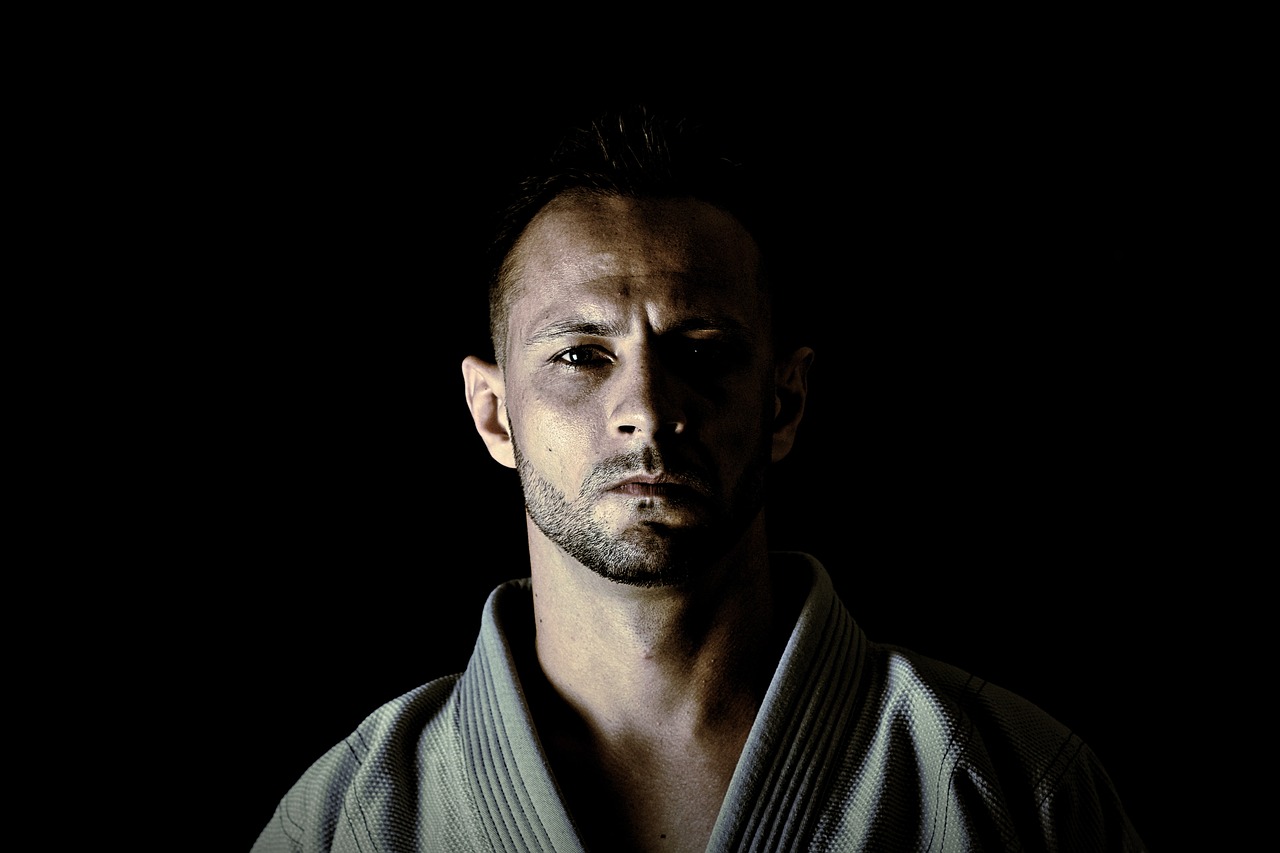
Anti-Inflammatory Foods
When it comes to a fighter's diet, are not just a trend; they are a crucial component for recovery and overall health. Imagine your body as a high-performance engine. Just like a car needs the right fuel to run smoothly, your body requires specific nutrients to keep inflammation at bay, especially after intense training sessions. Inflammation is the body's natural response to injury, but when it becomes chronic, it can lead to fatigue, decreased performance, and even injury. So, what can fighters do to combat this? The answer lies in their diet!
Incorporating can significantly aid recovery and enhance performance. Foods rich in antioxidants, omega-3 fatty acids, and certain vitamins and minerals can help reduce muscle soreness and speed up healing. For example, fatty fish such as salmon and mackerel are loaded with omega-3s, which are known for their anti-inflammatory properties. Not only do they help in reducing muscle soreness, but they also promote joint health, which is essential for fighters who put their bodies through rigorous training.
Another powerhouse in the anti-inflammatory category is berries. Blueberries, strawberries, and blackberries are packed with antioxidants that fight oxidative stress and inflammation. Think of these little fruits as your body’s personal bodyguards, ready to shield you from the wear and tear of training. Additionally, leafy greens like spinach and kale are rich in vitamins and minerals that support immune function and help combat inflammation. They are like the green lights on your dashboard, signaling that your body is ready to go!
Moreover, spices such as turmeric and ginger are not just for flavor; they possess potent anti-inflammatory properties. Turmeric contains curcumin, a compound that has been studied for its ability to reduce inflammation and pain. Adding a pinch of turmeric to your meals or smoothies can be an easy way to boost your anti-inflammatory arsenal. Similarly, ginger can be enjoyed fresh, in teas, or as a spice, providing both flavor and health benefits.
To give you a clear idea of how to incorporate these foods into your diet, here’s a quick table summarizing some top anti-inflammatory foods:
| Food | Benefits |
|---|---|
| Fatty Fish (Salmon, Mackerel) | Rich in omega-3 fatty acids that reduce inflammation and promote joint health. |
| Berries (Blueberries, Strawberries) | High in antioxidants that combat oxidative stress and inflammation. |
| Leafy Greens (Spinach, Kale) | Loaded with vitamins and minerals that support immune function. |
| Turmeric | Contains curcumin, known for its anti-inflammatory properties. |
| Ginger | Reduces muscle soreness and inflammation while adding flavor. |
In conclusion, by being mindful of what you eat and incorporating these into your diet, you can significantly enhance your recovery and performance as a fighter. Remember, every meal is an opportunity to fuel your body with the nutrients it needs to recover faster and train harder. So, the next time you’re planning your meals, think about how you can include these powerhouse foods to keep inflammation at bay and your performance at its peak!
- What are anti-inflammatory foods? Anti-inflammatory foods are those that help to reduce inflammation in the body, which can improve recovery and overall health.
- Why are omega-3 fatty acids important for fighters? Omega-3 fatty acids help reduce muscle soreness and promote joint health, making them essential for recovery after intense training.
- How can I incorporate more anti-inflammatory foods into my diet? You can include fatty fish, berries, leafy greens, and spices like turmeric and ginger in your meals to boost your intake of anti-inflammatory foods.
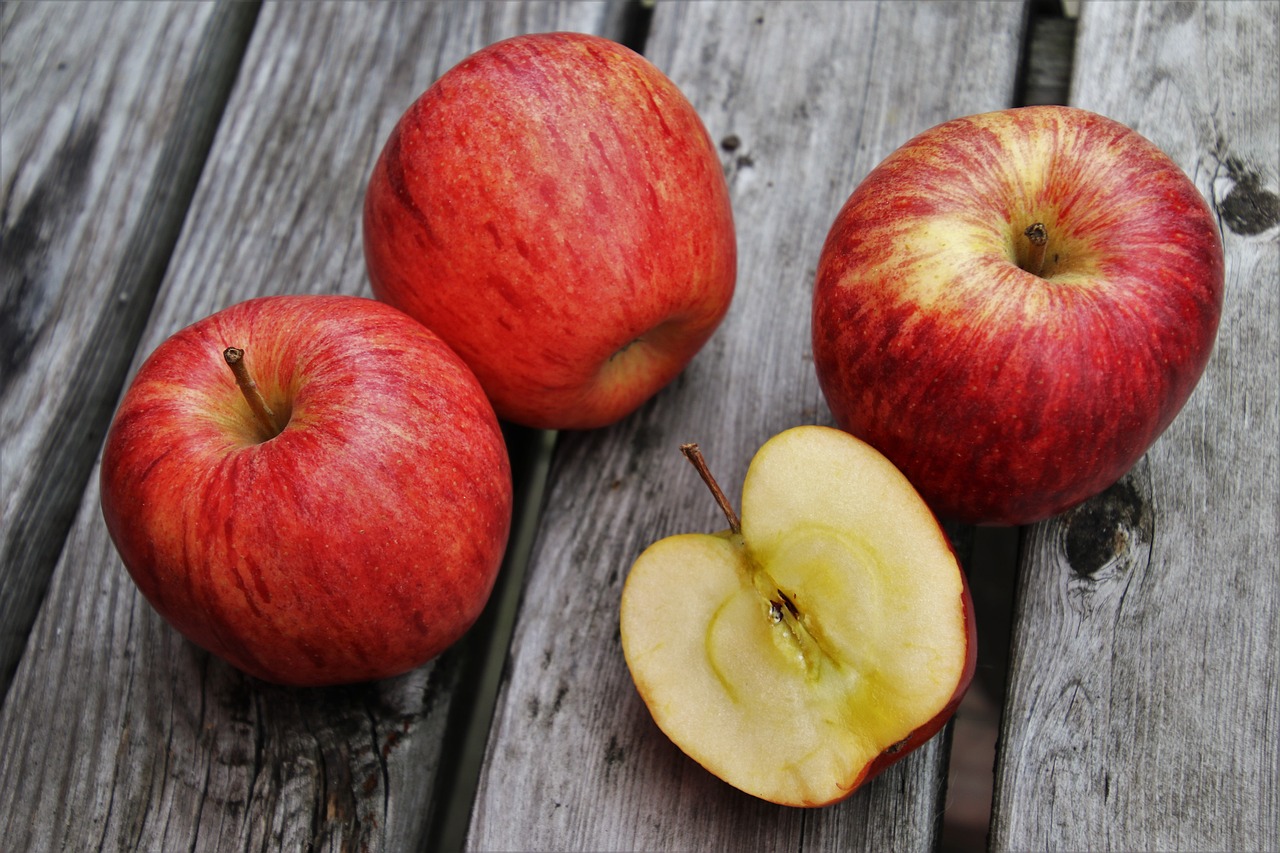
Supplements for Fighters
When it comes to enhancing performance and recovery, supplements can be a game changer for fighters. While a well-balanced diet is the cornerstone of any athlete's regimen, sometimes our bodies need a little extra boost to keep up with the demands of intense training. Think of supplements as the cherry on top of your nutritional sundae; they can provide that additional edge when you're pushing your limits. However, it's essential to choose wisely and understand what each supplement can do for you.
One of the most popular supplements among fighters is protein powder. This convenient source of protein helps in muscle repair and growth, especially after those grueling training sessions. Whether you prefer whey, casein, or plant-based options, protein powder can easily fit into your post-workout routine. For instance, a quick shake can be a delicious way to refuel your muscles while also satisfying your taste buds.
Another key player in a fighter's supplement arsenal is creatine. This naturally occurring compound aids in the production of ATP, the energy currency of our cells. By supplementing with creatine, fighters can experience improved strength and explosive power during workouts. Imagine having that extra burst of energy when you need it most—creatine can provide just that! However, it's crucial to stay hydrated when using creatine, as it draws water into your muscles.
Additionally, branched-chain amino acids (BCAAs) are worth considering. These essential nutrients can help reduce muscle soreness and fatigue, allowing for quicker recovery between training sessions. By incorporating BCAAs into your routine, you can feel more energized and ready to tackle your next workout without the dreaded post-training slump.
While supplements can enhance performance, they should never replace whole foods. It's vital to prioritize a nutrient-dense diet rich in fruits, vegetables, lean proteins, and healthy fats. Supplements are designed to complement your diet, not serve as a substitute. Always consult with a healthcare professional or a registered dietitian before starting any new supplement regimen to ensure it aligns with your specific needs and training goals.
Here's a quick overview of popular supplements for fighters:
| Supplement | Benefits |
|---|---|
| Protein Powder | Supports muscle repair and growth |
| Creatine | Enhances strength and explosive power |
| BCAAs | Reduces muscle soreness and fatigue |
In conclusion, while supplements can provide significant benefits, they should be used thoughtfully and in conjunction with a balanced diet. Remember that your body is unique, and what works for one fighter may not work for another. Take the time to experiment and find what supplements best support your training and recovery needs. And always keep your nutrition as the foundation of your athletic journey!
1. Are supplements necessary for fighters?
No, supplements are not necessary but can be beneficial in enhancing performance and recovery when used alongside a balanced diet.
2. Can I get all my nutrients from food?
Yes, a well-rounded diet can provide all the necessary nutrients. Supplements are meant to fill in gaps when needed.
3. How do I know which supplements are right for me?
Consulting with a healthcare professional or a registered dietitian can help you determine which supplements align with your individual needs and goals.
4. Are there any risks associated with taking supplements?
Yes, some supplements can have side effects or interact with medications. It's crucial to do your research and consult with a professional.
Frequently Asked Questions
- What are the key macronutrients a fighter should focus on?
Fighters should focus on a balanced intake of proteins, carbohydrates, and fats. Proteins are essential for muscle repair and growth, carbohydrates provide the energy needed for intense training sessions, and healthy fats support overall health and hormone production.
- How important is hydration for a fighter?
Hydration is absolutely critical for a fighter's performance. Staying well-hydrated helps maintain energy levels, endurance, and recovery. Dehydration can lead to decreased performance, fatigue, and even injury, so it's vital to drink enough water before, during, and after workouts.
- What are the signs of dehydration to watch out for?
Some common signs of dehydration include dry mouth, fatigue, headaches, and dizziness. If you notice these symptoms, it's a clear signal to increase your fluid intake to avoid any negative impact on your training.
- How often should a fighter eat to maximize performance?
Fighters should aim for multiple small meals throughout the day to keep their energy levels stable. Eating every 3-4 hours can help maintain a steady supply of nutrients and energy needed for training and recovery.
- What micronutrients are essential for recovery?
Key micronutrients for recovery include vitamins (like Vitamin C and E) and minerals (such as zinc and magnesium). These nutrients play a vital role in reducing inflammation, repairing tissues, and supporting the immune system.
- Can anti-inflammatory foods really help with recovery?
Absolutely! Incorporating anti-inflammatory foods such as berries, leafy greens, and fatty fish can help reduce soreness and promote faster healing after intense training sessions. They provide antioxidants that combat inflammation and support recovery.
- Are supplements necessary for fighters?
While a balanced diet should be the primary source of nutrition, some fighters may benefit from supplements like protein powders or omega-3 fatty acids. However, it's essential to consult with a healthcare professional before adding any supplements to ensure they complement your diet effectively.


